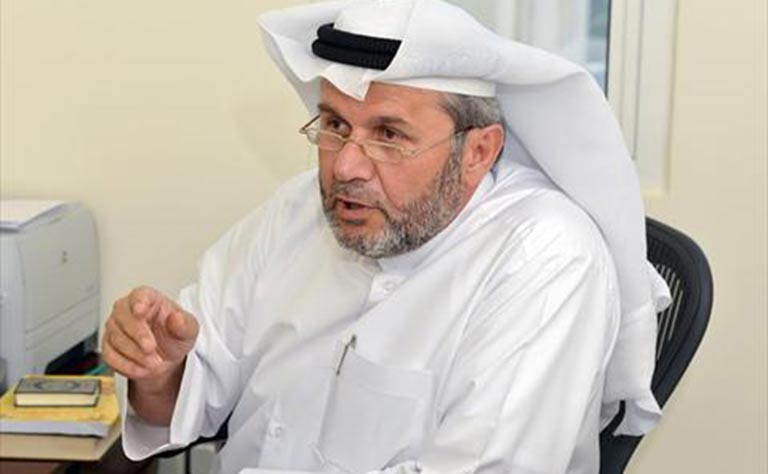Doha, November 15 (QNA) – Under the patronage of HE Prime Minister and Minister of Interior Sheikh Abdullah bin Nasser Al-Thani, Qatar University will hold an international conference on “Terrorism and Methods of Tackling It”.
Organized by QU College of Sharia and Islamic Studies (QU-CSIS), the 2-day conference (November 20-21) will bring together scholars and researchers from universities, Islamic organizations and institutions from many countries.
The conference will highlight a wide range of topics related to religion and terrorism, the impact of western double standards on emerging terrorism, extremeness and terrorism, the impact of ideology on contemporary terrorism, the relationship between media and religious terrorism, and the role of Islamic organizations in addressing terrorism, among many others.
In his remarks, CSIS Dean Dr Yousuf Al-Siddiqi said: “This conference comes at a time when the Islamic world is going through a very critical phase. As Qatar’s national higher education institution, QU plays a core role in providing a platform to discuss, investigate and resolve contemporary issues such as terrorism. This aligns with the goals of Qatar National Vision 2030 and the national aspirations towards the establishment of a society based on justice and equality as well as human, economic and cultural development. The conference’s committee received over 500 research papers among which 100 papers were accepted. We hope that this conference will contribute to underlining the role of individuals in promoting peace and security in the world.” CSIS Program Coordinator and Head of the conference’s organizing committee Dr Hamed Al-Marwani said: “The conference’s main objective is to help us better understand the concept of terrorism which is becoming a threat that is affecting stability and security in the Islamic and the whole world.” CSIS Associate Professor of Islamic Culture and Dawa and Head of the conference’s scientific committee Dr Azzeddine Mamiche said: “The conference will shed light on the issue of terrorism through numerous discussions focusing on the background and history of terrorism; the intellectual, political, social, and psychological dimensions of terrorism; the religious culture and terrorism; and the role of research in addressing terrorism.” (QNA)
QU to Organize Conference on “Terrorism and Methods of Tackling It”





























